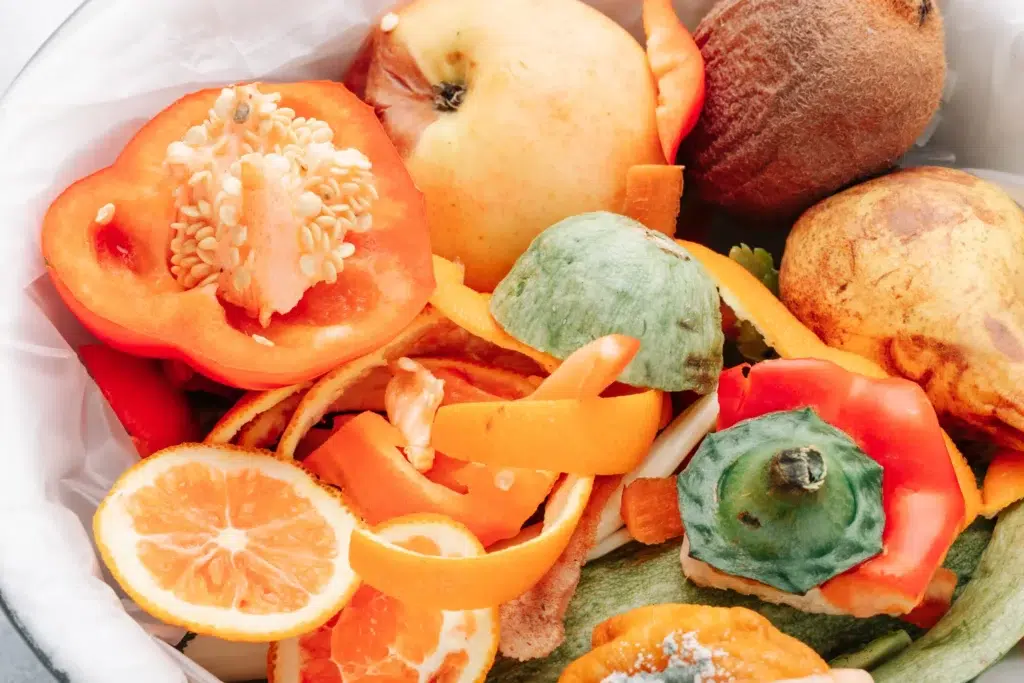What is organic compost?
Before learning process of production of organic compost, first we tell you what compost is. Compost is a process of breaking down food wastes such as peels of vegetables and fruits, egg shells, waste newspapers, leaves, straws and tea bags.
This compost is organic matter and it is decomposed and then recycled and used a fertilizer. Compost is an important ingredient in the organic farming. It keeps the soil healthy and fills soil with nutrition which helps in growth of plants.
Combinations of manure and dead fish did not look very effective beside a bag of fertilizer. For farmers in many areas of the world, chemical fertilizers replaced compost. The first agronomist Sir Albert Howard, went to India in 1905 and spent almost 30 years experimenting with organic gardening and farming.
A beautiful transformation:
After making compost, you need to know what you will do with them. It is an interesting process of beautiful transformation. You will find out that the old, fungus-ridden peels of vegetables, leaves and grass clippings will transform into a dark, nutritious rich earthy compost. The beauty lies is in function of compost.
Nothing is useless in the world:
Nothing is made useless in this world, not even the food scraps so next time you are planning to throw food scraps just remember that they are the diamonds for soil. For collection of these vegetable peels, make an organic compost pile for further use as a natural fertilizer. While making piles make sure that you add layers or different waste. Do not mix one with the other.
Steps to follow to produce organic compost:
You can produce organic compost by following certain steps. First of all collect the waste in a pile and after every week it is ready to use. The organic compost is ready when its color is changed into dark brown, it feels soft, it is crumbly, it has earthly smell or it is mostly smooth. In this compost you can plant seeds in second step. Put the soft compost in a pot, mix it with soil and plant seeds. Instead of planting seeds, you can plant those plants that have roots, they are more appropriate for potting mixture. Keep nourishing it with the compost you have made. Just sprinkle it a little over every day with a shovel.
Benefits of organic compost:
If you have more space, then instead of pot you can directly pour it into the garden. It is good for soil as well as for environment. It also keeps you safe from the harm side effects of greenhouse process. For the safety of environment and to keep yourself healthy, promote the trend of organic farming.

